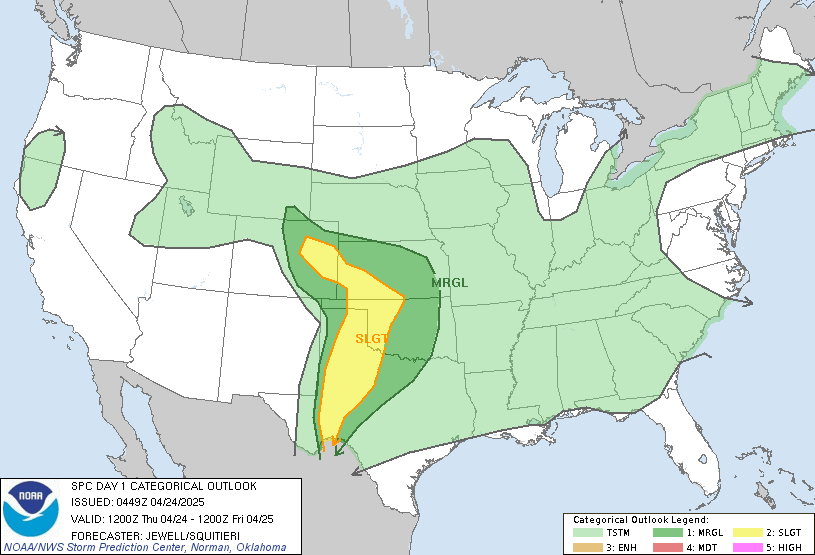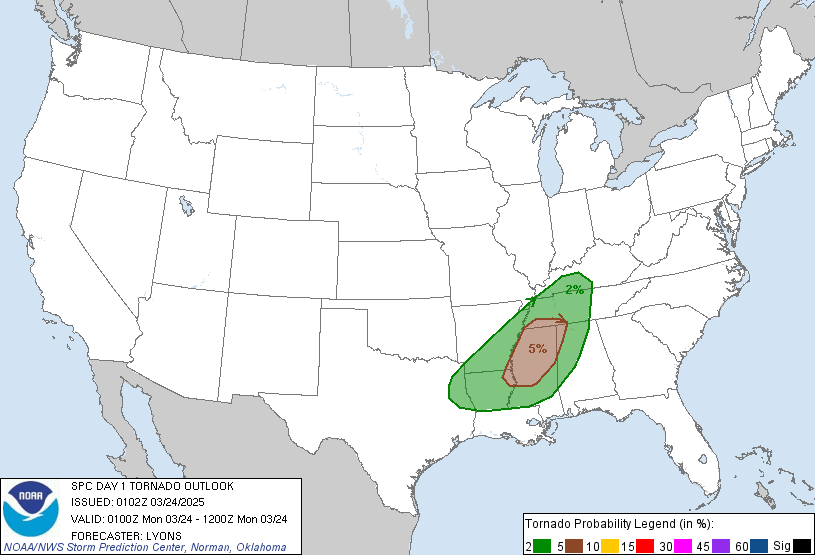It is a question meteorologists get quite often – why isn’t it the warmest when the sun is at it’s highest point in the sky?
At first glance, that might make sense. The sun is a gigantic ball of burning gas, millions of miles away.

And when that burning ball of gas is pointed directly at us, it should be the warmest, right?
But it’s not that simple.
The Sun
The easiest reason to point to is that noon in Hattiesburg, Mississippi is the same as noon in Amarillo, Texas. Both are in the central time zone, but have very different “midday” times. The reason? Amarillo is roughly 720 miles west and about 200 miles north.
But it is still “noon” at the same time.

That begs the question… Which city is directly under the sun at noon? The answer is likely neither. In fact, the idea that noon is even a constant time is debatable – but that is for another post.
The point is, both places can’t be directly under the sun at the exact same time. It is the same reason that sunrise and sunset are different at different places.
Here is a look at today’s sunrise/sunset for the two cities.
Hattiesburg – 6:50a // 6:43p — Midday = 12:47p
Amarillo – 7:41a // 7:42p — Midday = 1:41p
Notice that the sun comes up almost an hour earlier in Hattiesburg and sets an hour later in Amarillo. And that “midday” is almost an hour later, too. Interesting stats, but not the only reason.
Honestly, that isn’t even the biggest reason.
Better living through Thermodynamics
Heat is a cool thing – pun definitely intended. Because heat is just work. And work takes time. The biggest reason that it is warmer later in the day than noon is the same reason it take about seven minutes on high to boil a pot of water. Or why it takes two minutes to pop some popcorn.
And it is the same reason the Gulf of Mexico is warmer in August than it is in June.
Changing the temperature of something can be a slow process.
And physics tells us that heat always does work on things with less heat. It is the reason why a cool glass of lemonade in the summer doesn’t eventually freeze the table it is sitting on, but rather, if you leave it out in the sun, it will get rather warm. And not as refreshing.
For more informaiton and for a crash course on Heat, take a look at this video:
Generally speaking there is lag time between applying heat to something and that something heating up to the temperature that is being applied. Think of boiling water. It doesn’t boil right away. It takes time.
The atmosphere is no different. Even though air can heat up quickly (I’ll explain more on that in a second) it still takes time from the start of most intense heat, from the sun’s direct rays, to the air temperature reacting to that heat.
Not living better? Blame chemistry
And some things warm up quicker than other things. Think back to your childhood and eating TV dinners. Remember how the meat was always cold but the potatoes felt like they were hotter than lava? Chemistry tells us that something called “Specific Heat” is to blame.
Dry air has a lower specific heat than water. That means it isn’t as stubborn. The higher the specific heat, the more difficult it is to change the temperature of something. It want’s the stay put.
Stuff – Specific Heat
Air – 1.00 J/g
Water – 4.186 J/g
In fact, water is about four times as stubborn!

So what does that mean for the air temperature? Well think about the summer when it is hot and muggy. The muggy feeling is just humidity. Humidity is a kind of measure of moisture in the air. Moisture in the air is just evaporated water.
So the more moisture in the air, the more water that is around, and the more difficult it is to change the air temperature.
The take home
While it might seem like the hottest temperature should be at noon – or very close to it – the truth is, math and science tell us otherwise. And it’s true.
Some days, the high temperature in Hattiesburg is as early as at 1:44p. Other days it is as late as 4:17p!
If you have any questions, feel free to leave it in the comments below!

